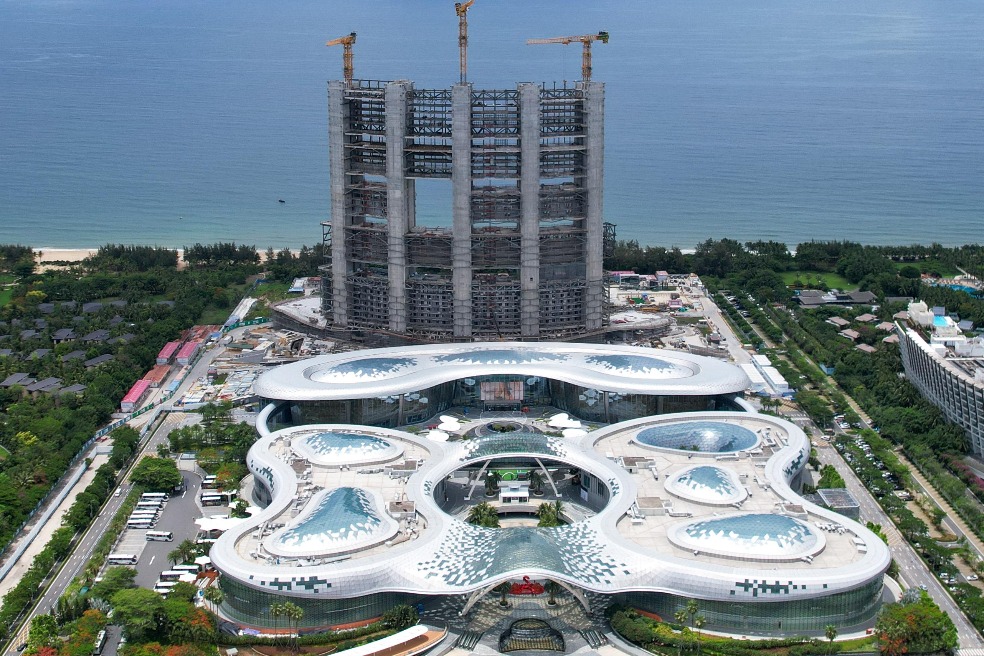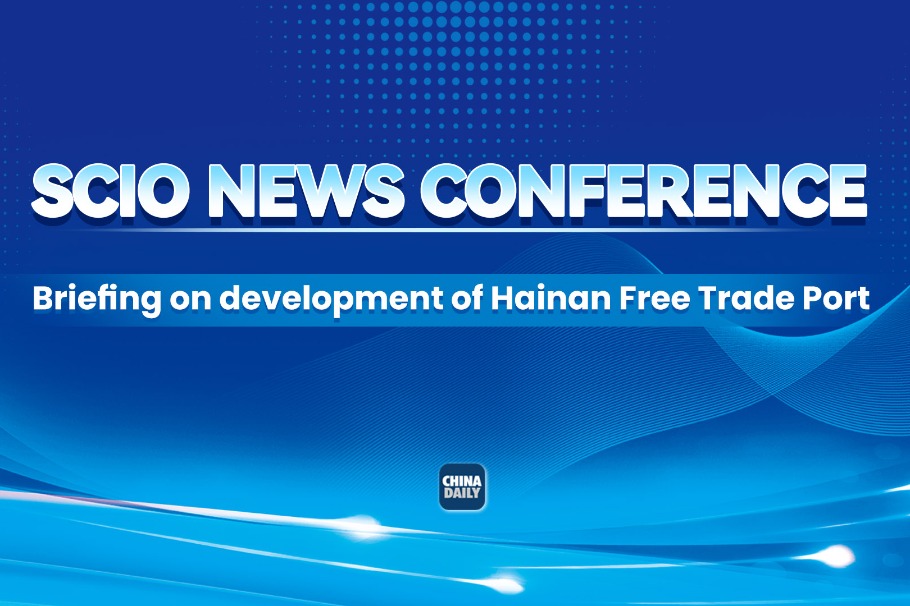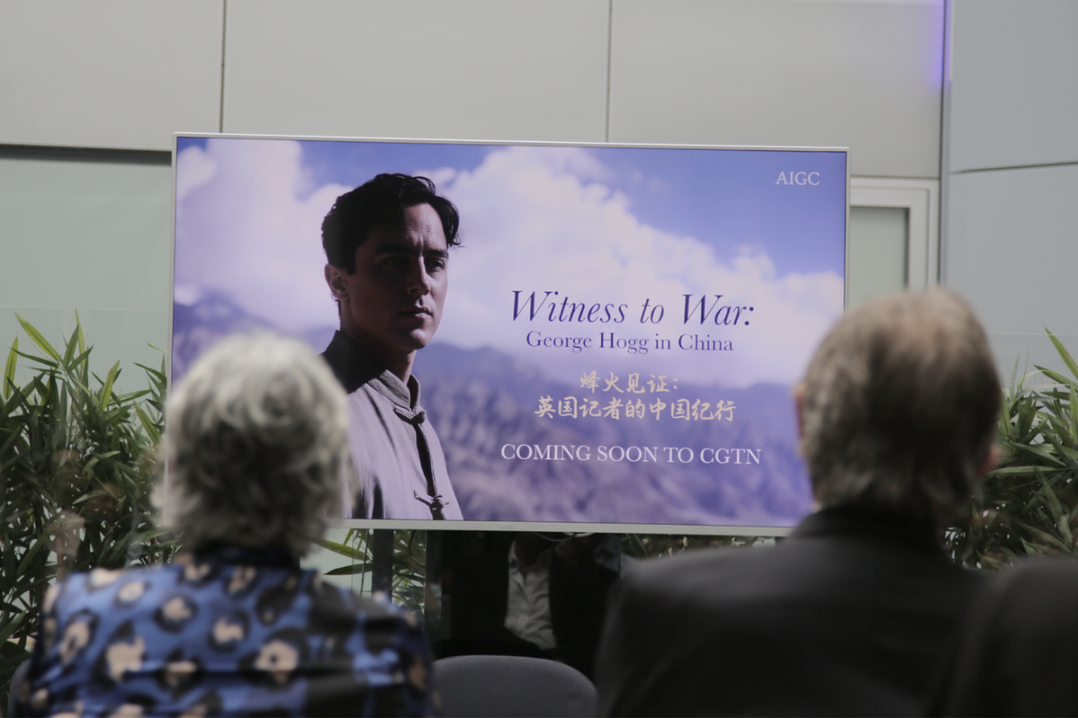Iraq says top IS figure, 8 other officials killed

BAGHDAD — Iraqi Prime Minister Mohammed Shia al-Sudani announced on Tuesday that the Islamic State militant group's leader in Iraq was killed in a military operation along with eight of the group's other senior leaders.
United States officials said two US service members were injured in the joint raid overnight on Monday that was conducted by US and Iraqi forces.
Al-Sudani said Jassim al-Mazroui Abu Abdul Qader was killed in an operation by counterterrorism forces and the national security service under the Joint Operations Command in the Hamrin Mountains in Salahuddin Province.
"There is no place for terrorists in Iraq, and we will pursue them to their hideouts and eliminate them," al-Sudani said in a statement.
The two US troops are in stable condition, said Pentagon spokesman Major General Pat Ryder.
The Joint Operations Command said in a statement the operation was carried out "with technical support and exchange of accurate intelligence information by the international coalition forces", and that "large quantities of weapons" were seized in the operation, which was "still ongoing".
The IS group overran large swathes of Iraq and neighboring Syria in 2014, proclaiming its "caliphate".
It was defeated in Iraq in 2017 by local forces backed by the international military coalition, and in 2019 lost the last territory it held in Syria to US-backed Kurdish forces.
But remnants of the group remain active in Iraq and continue to launch sporadic attacks.
The US has about 2,500 troops in Iraq and 900 in Syria as part of the coalition, which Washington and Baghdad announced last month will end its decadelong military mission in Iraq within a year.
Agencies Via Xinhua
Today's Top News
- Vice-premier to hold trade talks with US in Sweden
- Sovereignty over hydro project reaffirmed
- SCO unites on green growth, cultural bonds
- China plans to venture farther into deep space
- Hainan FTP's independent customs operation set to boost market vitality
- Sea of peace, friendship and cooperation, not an arena for Washington's geopolitical games






























